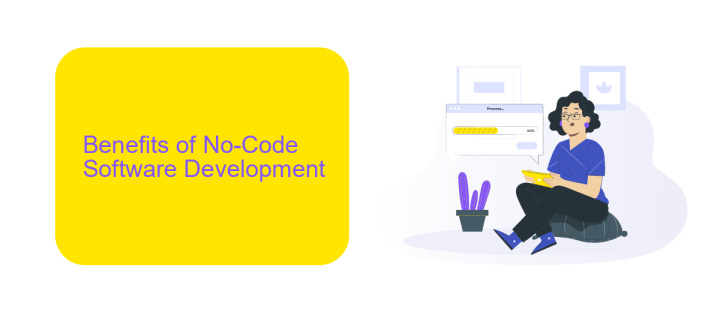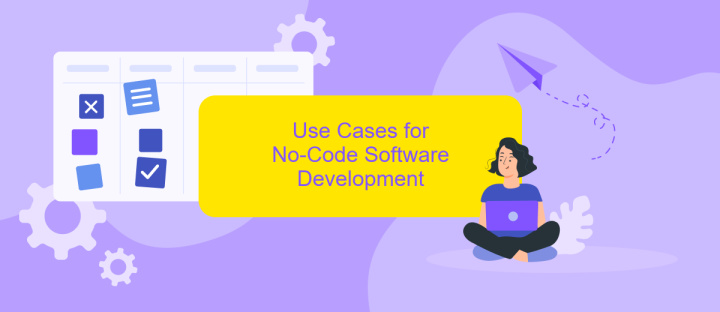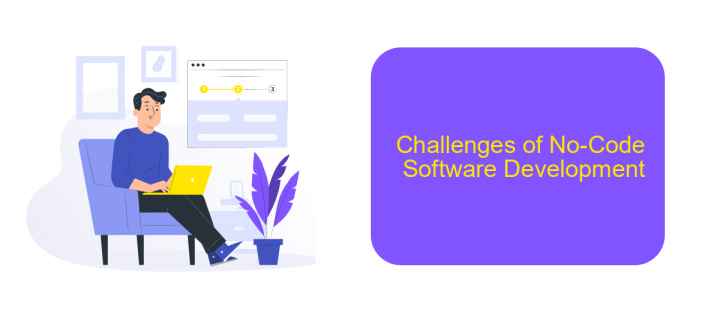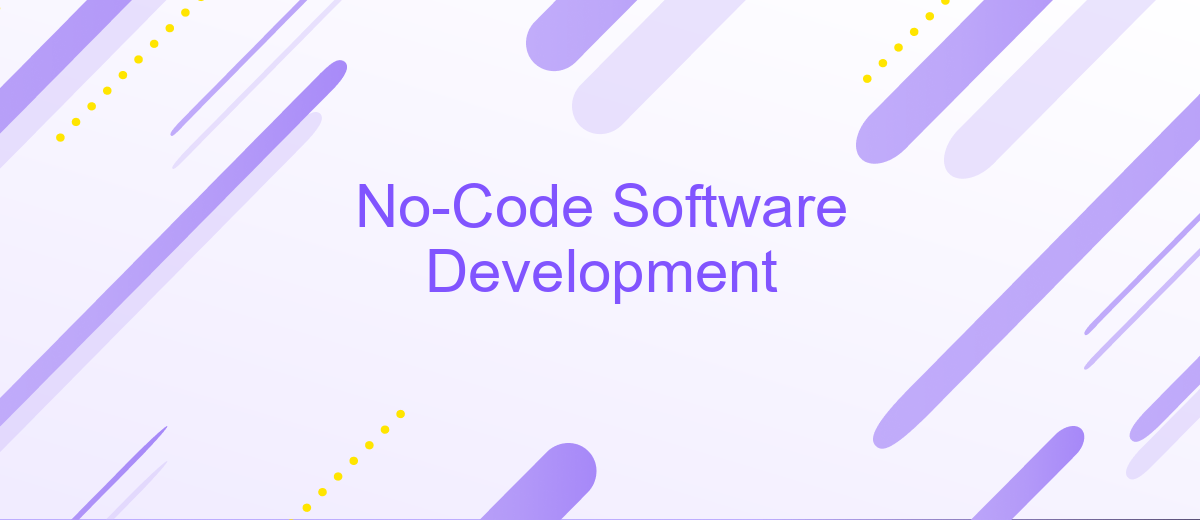No-Code Software Development
No-code software development is revolutionizing the tech industry by enabling individuals without traditional programming skills to create functional applications. This approach leverages intuitive visual interfaces and pre-built modules, making software development more accessible and efficient. As businesses seek faster and more cost-effective solutions, no-code platforms are becoming increasingly popular, bridging the gap between idea and execution with unprecedented ease.
What is No-Code Software Development?
No-Code Software Development is a revolutionary approach that allows individuals to create applications and software without needing extensive programming knowledge. This methodology leverages visual development tools and pre-built components, enabling users to design and deploy functional software quickly and efficiently.
- Drag-and-drop interfaces for easy design
- Pre-built templates and modules
- Integration with various third-party services
- Automated workflows
This approach democratizes software development, making it accessible to a broader audience, including non-technical users. For instance, platforms like ApiX-Drive facilitate seamless integration with various services, allowing users to automate tasks and streamline workflows without writing a single line of code. As a result, businesses can innovate faster and more cost-effectively.
Benefits of No-Code Software Development

No-code software development offers numerous benefits, making it an attractive option for businesses and individuals alike. One of the primary advantages is the significant reduction in development time. Traditional coding can be time-consuming, requiring months or even years to complete a project. In contrast, no-code platforms enable users to create functional applications in a fraction of the time, often within days or weeks. This accelerated development process allows businesses to respond more quickly to market demands and stay competitive.
Another key benefit is the accessibility of no-code platforms. These tools democratize software development by allowing individuals without technical backgrounds to design and deploy applications. This inclusivity fosters innovation and empowers a broader range of people to solve problems through technology. Additionally, no-code platforms often come with built-in integrations, simplifying the process of connecting various services. For instance, ApiX-Drive is a powerful tool that facilitates seamless integration between different applications, enhancing functionality without requiring complex coding. This ease of integration further boosts productivity and efficiency, making no-code development an invaluable asset in today's fast-paced digital landscape.
Use Cases for No-Code Software Development

No-code software development is revolutionizing the way businesses approach digital solutions by enabling non-technical users to create applications without writing a single line of code. This democratization of software development has opened up numerous use cases across various industries.
- Business Process Automation: No-code tools allow businesses to automate repetitive tasks, improving efficiency and reducing human error.
- Website and App Development: Entrepreneurs and small businesses can quickly develop and deploy websites and mobile apps without needing a technical team.
- Data Management and Analysis: No-code platforms enable users to create custom databases and dashboards for data analysis and reporting.
- Integration of Services: Tools like ApiX-Drive facilitate seamless integration between various applications, enhancing workflow automation and data synchronization.
- Prototyping and MVPs: Startups can rapidly develop prototypes and Minimum Viable Products (MVPs) to test ideas and gather user feedback.
These use cases illustrate the versatility and power of no-code development. By lowering the barrier to entry, no-code platforms empower individuals and organizations to innovate and adapt quickly in a fast-paced digital landscape.
Challenges of No-Code Software Development

No-code software development offers numerous advantages, but it also comes with its own set of challenges. One of the primary issues is the limited customization options available. While no-code platforms are designed to be user-friendly, they often lack the flexibility needed for more complex projects.
Another challenge is the potential for scalability problems. As businesses grow, their software needs become more sophisticated. No-code solutions may struggle to keep up with these demands, necessitating a shift to more traditional development methods.
- Limited customization options
- Scalability issues
- Integration difficulties
- Security concerns
Integration difficulties can also pose a significant hurdle. While services like ApiX-Drive can simplify the process of connecting various applications, not all no-code platforms support seamless integration. Additionally, security concerns arise as no-code tools may not offer the same level of data protection as custom-built solutions. These challenges must be carefully considered when opting for a no-code development approach.


Future of No-Code Software Development
The future of no-code software development is incredibly promising, as it continues to democratize technology and empower a broader range of individuals to create digital solutions. As tools and platforms become more sophisticated, we can expect even greater capabilities and ease of use, allowing users to build complex applications without needing to write a single line of code. This shift will enable businesses to innovate faster, reduce development costs, and respond more swiftly to market changes.
Moreover, the integration of AI and machine learning into no-code platforms will further enhance their functionality, providing users with intelligent recommendations and automating repetitive tasks. Services like ApiX-Drive are already paving the way by offering seamless integration solutions, enabling users to connect various applications and automate workflows effortlessly. As the ecosystem of no-code tools expands, we can anticipate a future where no-code development becomes a standard approach, fostering a new era of creativity and efficiency in the tech industry.
FAQ
What is No-Code Software Development?
Who can benefit from No-Code platforms?
Can No-Code platforms handle complex applications?
How can I integrate different software applications using No-Code tools?
Are No-Code applications secure?
Time is the most valuable resource for business today. Almost half of it is wasted on routine tasks. Your employees are constantly forced to perform monotonous tasks that are difficult to classify as important and specialized. You can leave everything as it is by hiring additional employees, or you can automate most of the business processes using the ApiX-Drive online connector to get rid of unnecessary time and money expenses once and for all. The choice is yours!

